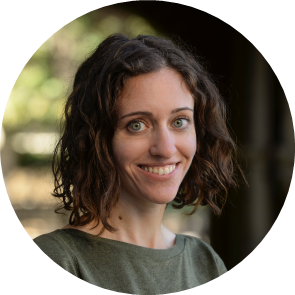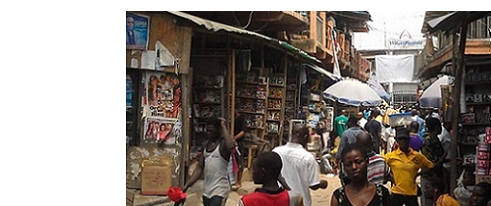The Ikeja Computer Village is a crowded open-air electronics market in the north of Lagos. The market’s 5,000 traders are governed by a group called the Computer and Allied Products Dealers Association of Nigeria, or CAPDAN. CAPDAN mediates disputes in the market between traders or between traders and customers, and handles complaints from customers about things like the quality of an item purchased in the market. It then fines traders who it deems in the wrong, or triggers some other appropriate punishment mechanism. The project will examine two questions. In countries with weakly institutionalized legal environments: 1) Why do some business transactions result in cheating and others do not? 2) When a trader has been cheated, what explains which dispute resolution venue she chooses to pursue? Why do some traders, in some circumstances, successfully negotiate a settlement with the cheater, while in other cases a trader takes the cheater to an informal community-level mediation institution such as CAPDAN, or takes the cheater to a state court?
The project will focus on the interaction between private contract enforcement mechanisms and public legal institutions. It will test whether cheating and dispute resolution venue choice can be explained by whether or not traders have access to predictably (as opposed to unpredictably) partial police and courts. When state institutions are predictably partial they are biased, but in a way that is consistent and observable by all traders. When these institutions are unpredictably partial, they are biased in inconsistent ways. Traders will have access to predictably partial state institutions if they are part of a group, such as a market association, that is able to credibly negotiate with the state.
The theory will be tested using data from oral financial diaries collected from 600 transactions involving informal traders in three Nigerian cities. The diaries will be organized around questions that include:
- Did the transaction result in a dispute? If yes, what was the nature and magnitude of the dispute?
- What actions were taken to resolve the dispute? What were the outcomes of these actions?
- Are the traders involved in the transaction autonomous traders, or part of a group?
- Do the traders have access to predictably partial police and state courts?
- Information will be collected on other variables that might explain variations in cheating and dispute resolution venue choice, such as type of good and quantity of the good being traded.
The cities will be selected so that they vary in their ethnic composition and key economic industries so as to bolster my ability to generalize findings that emerge from this study. The dataset created from the financial diaries project will be uploaded to the dataverse on Harvard’s Institute for Quantitative Social Science.





